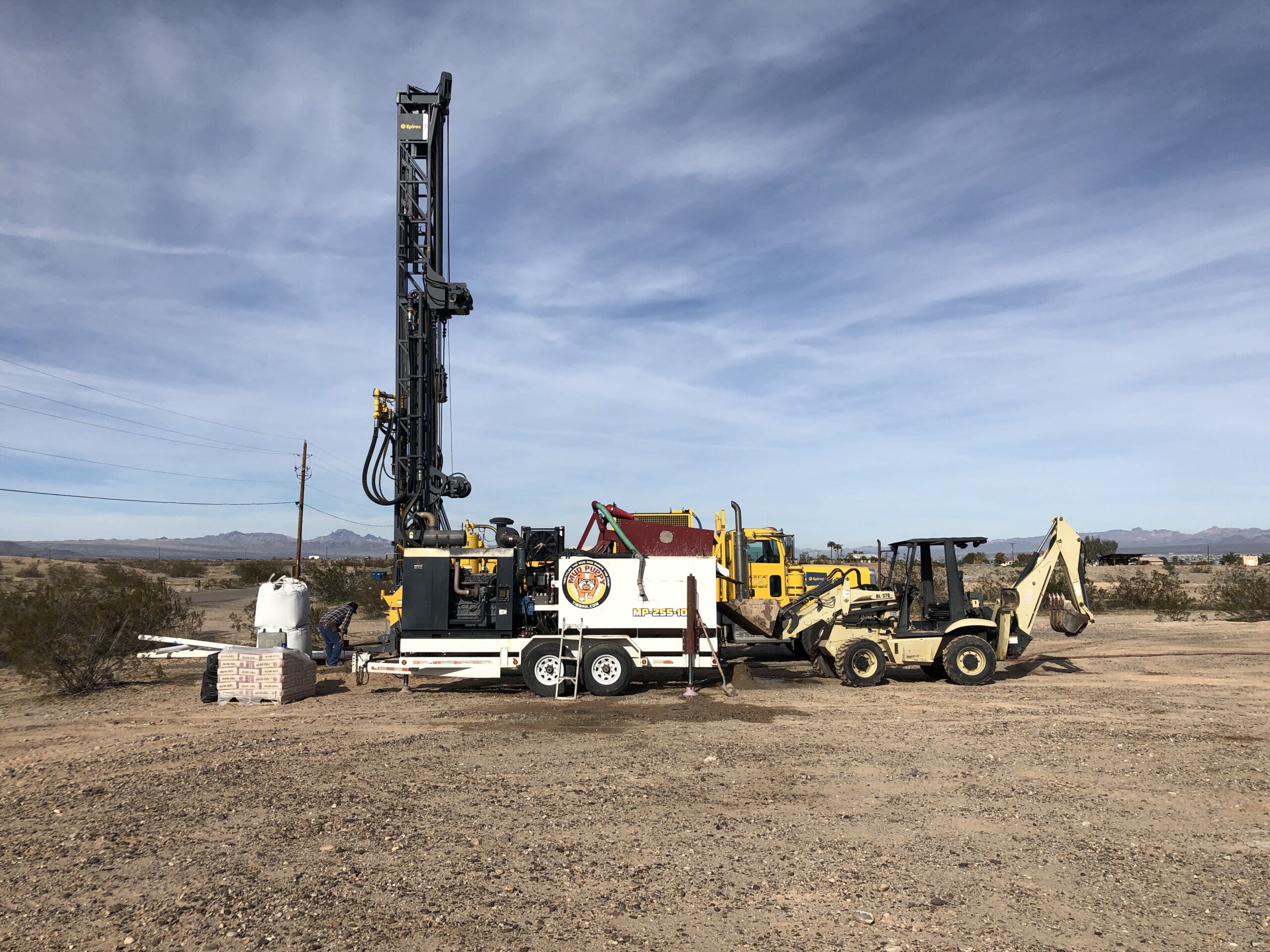Alaska Water Well Drilling Contractors
Find qualified Water Well Drilling contractors in Alaska using our contractor lookup tool. Learn more about NGWA Contractor Certifications here.
Ice Water Well Inc
Fairbanks, AK 99710-0529
United States
TDM Drilling LLC
North Pole, AK 99705
United States
E & D Water Wells
Wasilla, AK 99623-0698
United States
Valley Well Drilling
Palmer, AK 99645
United States
Wheaton Water Well Inc
Wasilla, AK 99654-6427
United States
Penn Jersey Drilling Inc
Wasilla, AK 99623-1957
Sullivan Water Wells
Chugiak, AK 99567-0269
United States
Arctic Pump & Well Supply
Eagle River, AK 99577
United States
M-W Drilling Inc
Anchorage, AK 99511-0389
United States
Find Water Well Drilling In
Frequently Asked Questions
What is a drilled well?
A drilled well consists of a hole bored (a borehole) into the ground, with the upper part or the entire depth of the well being lined with casing. Drilling is most typically conducted with a portable drilling machine brought to the site to construct the borehole. Various methods are used to advance the borehole to the necessary depth, and to remove formation material loosened and suspended by the drilling bit and fluid circulation or bailing system.
Read moreDoes water well drilling require a license?
In the United States, most states require licensing of water well contractors, and in most cases, this means that licensed contractors have passed tests and met certain professional requirements to obtain their license. Canadian provinces, Australian states, and New Zealand also use qualification-based licensing. To find out if a contractor is licensed, contact your state government (licensing is often handled by the Department of Natural Resources or Department of Health).
Read moreWhat is a Certified Well Driller (CWD)?
The Certified Well Driller (CWD) designation from the National Ground Water Association (NGWA) encompasses general industry knowledge as well as practice and expertise in at least one well drilling method.
To achieve NGWA certification, contractors must pass exams testing their technical knowledge, and they must have at least twenty-four consecutive months of full-time groundwater contracting experience. They maintain their certification by obtaining continuing education credits annually.
Read moreAlaska Groundwater and Water Well Statistics
Few states can accurately or confidentially determine how many residential wells are in place. For each region, the American Housing Survey by the U.S. Census provides regional data.
Alaska is found in the West, along with these other states: Alaska, Hawaii, Washington, Oregon, California, Idaho, Utah, Nevada, Arizona, New Mexico, Colorado, Wyoming, and Montana.
The last American Housing Survey Census indicates this region had 1,540,0002 households served by residential wells, with an average of 2.883 persons per household.
The USGS estimates the population of self-supplied water supply users in Alaska to be 189,000 for which groundwater is 86% of their water source.
- 291 community water systems use groundwater for 281,000 people
- 185 non-community, non-transient water systems use groundwater for 42,300 people
- 671 non-community, transient water systems use groundwater for 93,500 people
- 142 irrigation wells used serving 114 farms and 863 acres
Water Well Drilling Articles and Resources
Mud Rotary Drilling Method: What You Need to Know By Gary L. Hix, R.G., CWD/PI There are many different ways to drill a domestic water well. One is what we call the “mud rotary” method. Whether or not this is the desired and/or best method for drilling your well is something more fully explained in this brief summary. Air and water are both fluids […]



